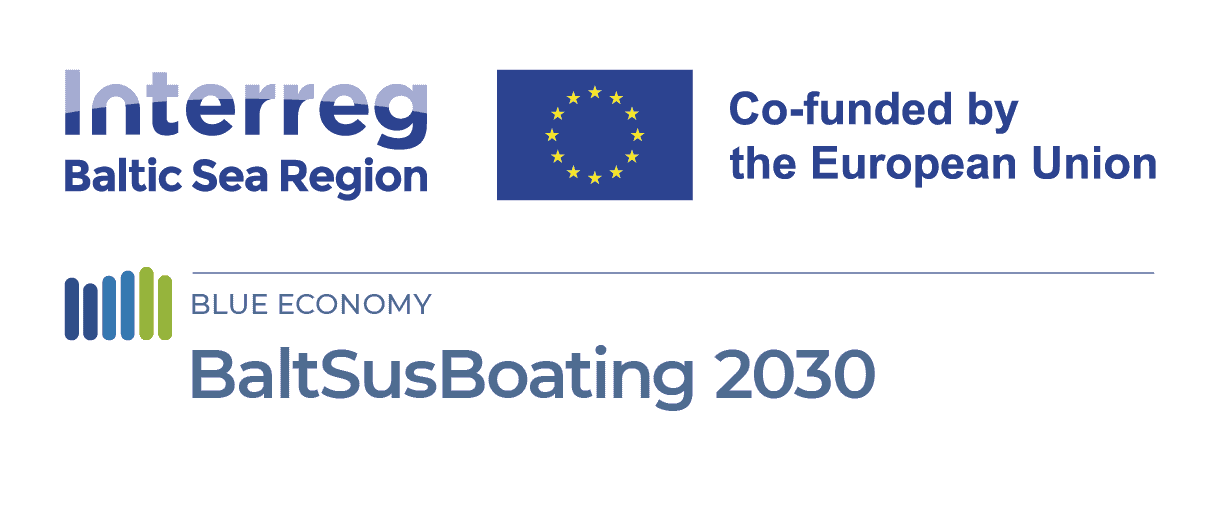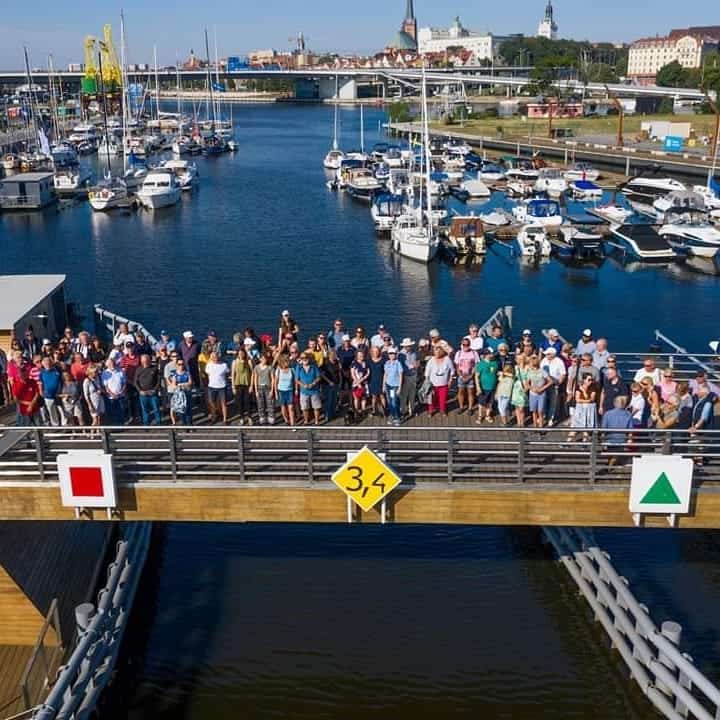
BaltSusBoating 2030 within the EUSBSR cooperation framework
13 March 2023
From the times of Hanza through an intensive post- second-world-war collaboration of Nordic countries to the whole region’s integration after the EU enlargement in 2004, the Baltic cooperation has been driven by pragmatism and the will to make the region strong, innovative and sustainable.
Talking about the Region’s current cooperation one can be surprised by the number of organizations from different governance levels that prove the Baltic Sea Region has a very diverse and well-embedded institutional environment, which can be even better utilized by macro-regional strategy framework.
And here the EU Strategy for the Baltic Sea Region steps in. The EUSBSR is designed to integrate and coordinate the work of all the relevant formal and informal BSR networks to fully benefit from their activities.
During its more than a decade’s existence, the EUSBSR has done a lot to improve the capacity of BSR network governance, especially by bringing the many existing bodies together around the common goals of saving the sea, connecting the region, and increasing prosperity.
In practice, the ambitious ideas are implemented inter alia via systematic and concrete work carried out within thematic platforms and projects, just like the BaltSusBoating 2030, funded by Interreg BSR Programme.
The overall objective of the BSB2030 initiative is to create a pan-Baltic cooperation platform to turn the Baltic Sea region into a sustainable and competitive leisure boating destination. Moreover, the project’s important feature is its strategic focus on environmental and social sustainability as a central societal goal, following the claim that increased awareness of these issues will change customer behaviour in leisure boating tourism and that sustainability has the potential to become the competitive edge of the Baltic Sea Region. Combing these ambitions and a strong will to deliver a strategy for sustainable boating tourism development and joint marketing of the Baltic Sea, the BSB2030 project undoubtedly contributes to the EUSBSR’s priorities in many ways.
That is why during the first phase of implementation, one of the crucial items of the BSB2030 agenda was to establish a sound and trust-based relations with two very vivid and well-functioning EUSBSR networks. Namely the ones run by the EUSBSR Policy Area Coordinators Tourism and Spatial Planning, with which the synergies seem most natural and hard to overrate.
During the online meetings hold subsequently on February and March 2023, the BSB2030 representatives were well assured by the various possibilities of support and cooperation, from getting in touch with relevant experts, via presenting the project’s work and results to a wider audience (e.g. within the PA Coordinators’ events and conferences) to making use of the networks for having feedback to the Project’s strategy-building process, etc.
Thanks to being the part of a larger community, the projects like the BaltSusBoating 2030 can get through with their message but what is even more important, can benefit to a greater extend from the complimentary solutions developed by similar initiatives or expert groups and significantly increase the quality of own results.
The pan-Baltic platform building in case of sustainable and competitive leisure boating has been in progress. What a great news, it can be supported and embedded within such a mature and collaborative Baltic Sea Region institutional framework.






